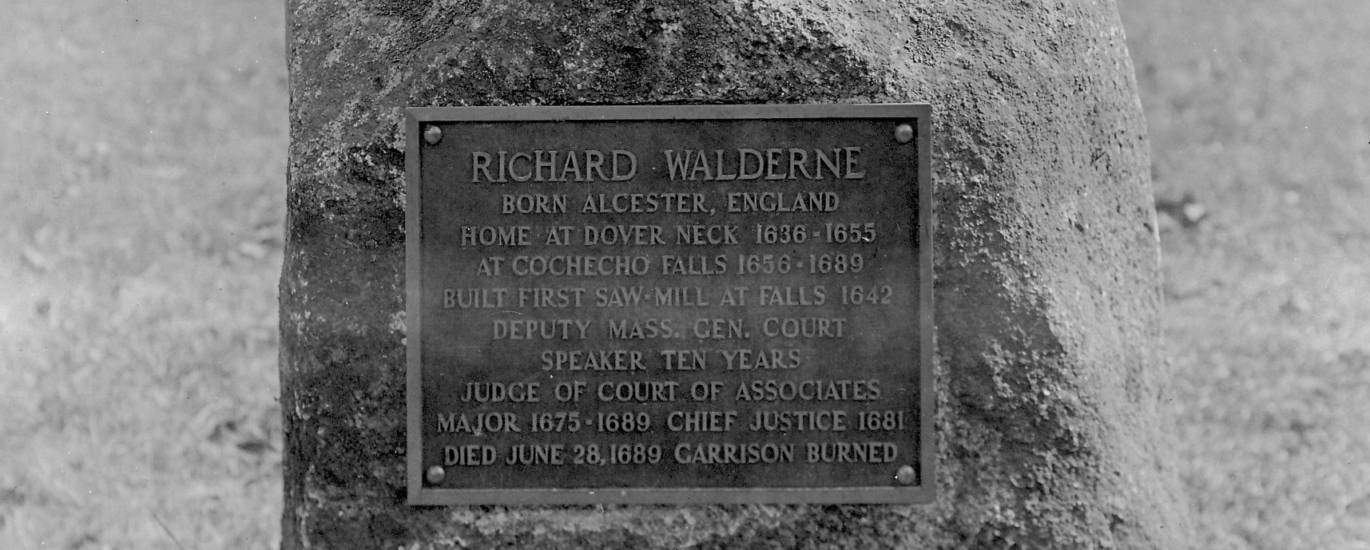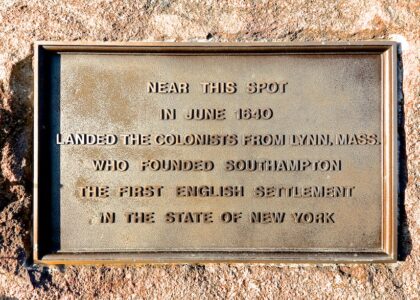Welcome to Dover, New Hampshire, a place steeped in the early colonial history of America. As you stand here, imagine the year is 1689. The air is tense, and the town of Dover is about to witness a significant and tragic event. This was the scene of the notorious Raid on Dover, an event that has left a lasting mark on the town’s history.
In the late 17th century, Dover was part of the frontier of colonial New England. At that time, relationships between English settlers and Native American tribes were fraught with tension, exacerbated by European conflicts spilling over into the New World. The Raid on Dover happened during the period of King William’s War, part of the larger conflict known as the Nine Years’ War in Europe.
On the night of June 27, 1689, a coalition of French and Native American forces, primarily from the Wabanaki Confederacy, launched a surprise attack on the settlement. The raid was meticulously planned, exploiting the settlers’ trust. Local Indigenous leader Mesandowit had previously warned the settlers of potential danger, but his warnings were not heeded.
Major Richard Waldron, a prominent figure in Dover’s early history, played a crucial role in the events leading up to the raid. He was a respected leader but had a contentious relationship with the local Indigenous peoples. Waldron’s earlier betrayal of Native Americans during a peace negotiation left lasting animosity. During the raid, Waldron was captured and ultimately killed, a fate that signified the culmination of years of tension and mistrust.
The raid resulted in the deaths of about 23 settlers, with many others taken captive and forced to march to Canada. This tragic event had a profound impact on the town, leading to increased fortifications and a more cautious approach to relations with Native American tribes.
Over the years, Dover evolved from this turbulent beginning into a thriving mill town in the 19th century, benefiting from the industrial boom. Today, it’s a vibrant community that acknowledges its complex past while looking towards the future.
As you reflect on the history of Dover, consider its role in the broader context of colonial America. The Raid on Dover serves as a poignant reminder of the challenges and conflicts that shaped the early years of European settlement in North America. It is a story of resilience and a testament to the ever-evolving relationship between diverse cultures.
Next time you walk through Dover or explore its historical sites, remember the people who lived through these tumultuous times. Their experiences are woven into the fabric of the town, providing valuable lessons on coexistence and the importance of understanding and acknowledging our shared history.



